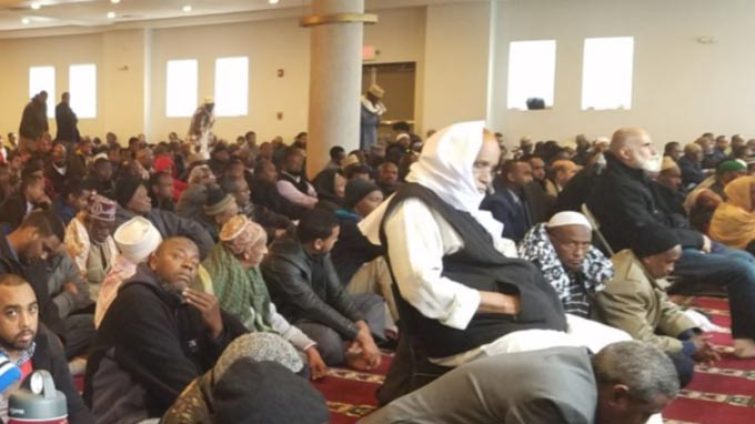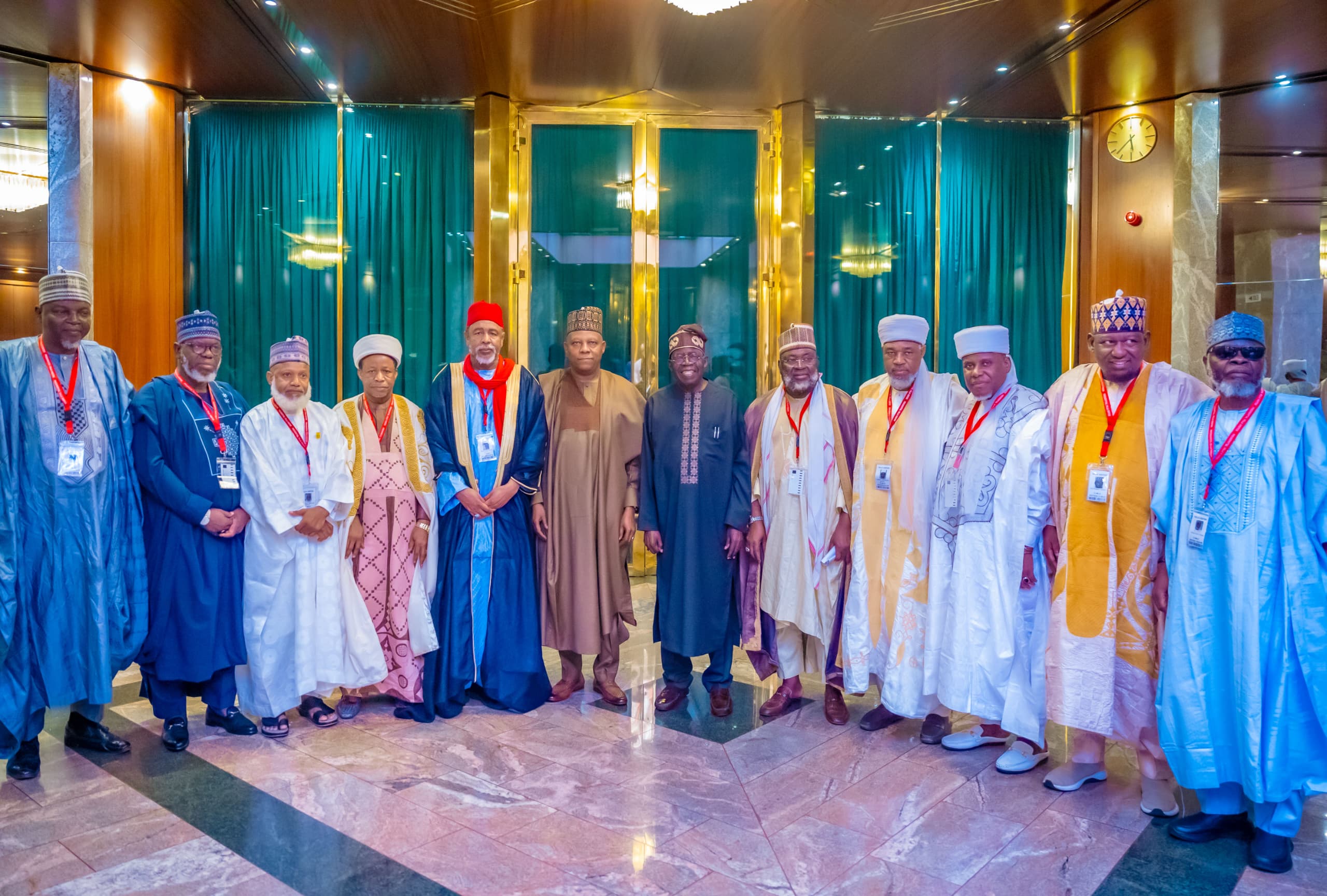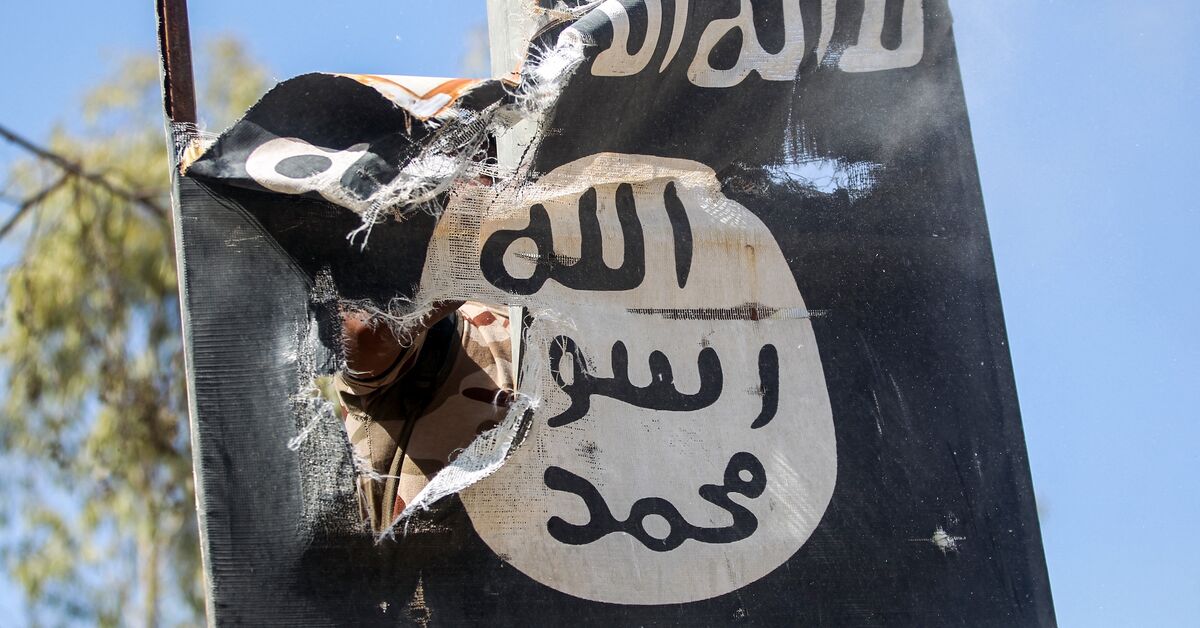Friday’s sermon at the largest Somali-run mosque in Columbus, Ohio, has focused on online extremism, radicalization and the relationship between Somali parents and their children in response to the recent Ohio State University attacks. “We chose our Friday sermon this week to address issues that concern our community, the challenges they are facing as a result…








2 Responses
He said the Mosque is spearheading efforts to eradicate the perception that Islam is a violent or extreme religion by offering question and answer inter-faith sessions.
“The mosque has been focusing to develop youth counseling and volunteer programs and we have already started Q and A sessions offered to the people of other faiths to come and ask us directly questions on Islam, rather than relying on the media and the misinterpretations of the extremists,” Nooh said.
Apparently you need to do some more work.
“The first time we got the news we said, ’O Allah don’t make the attacker Muslim and Somali.”
And how many times do we have to say this?
I agree with Brother Norshed in his statement … “We chose our Friday sermon this week to address issues that concern our community, the challenges they are facing as a result of the recent tragedy, and the root cause of that tragedy.” said Horsed Nooh, the executive director at the West Columbus Abubakar Assidiq Islamic Center.
“In my humble opinion, I believe one of the major factors that make our children and youth susceptible to extremism and radicalization is lack of communication between them and their parents,” said Nooh.
I also suggest that Muslim leaders, especially those who are in the forefront create an atmosphere of inclusion of other communities such as Jews, Christians, Atheists, Buddhists, Agnostics, Hindus and others and to stop referring to them as Kafirs, Polytheists or Infidels. These false labels will only place our youths in a dual identity role.